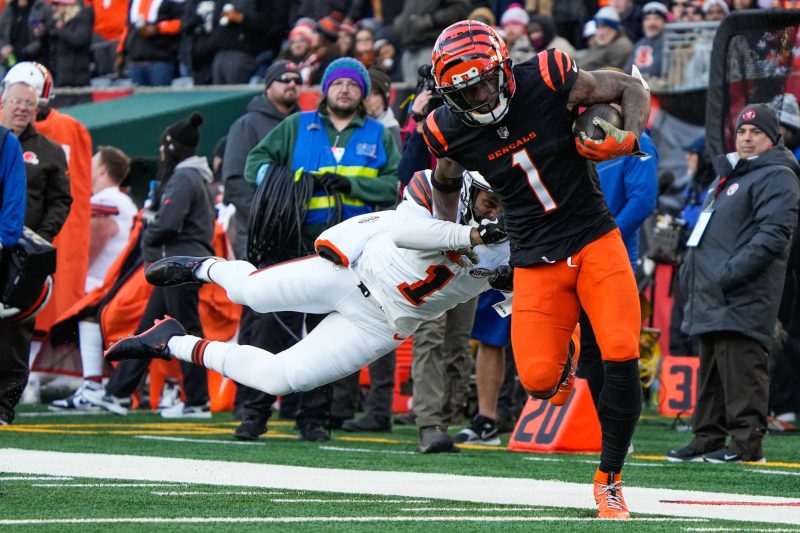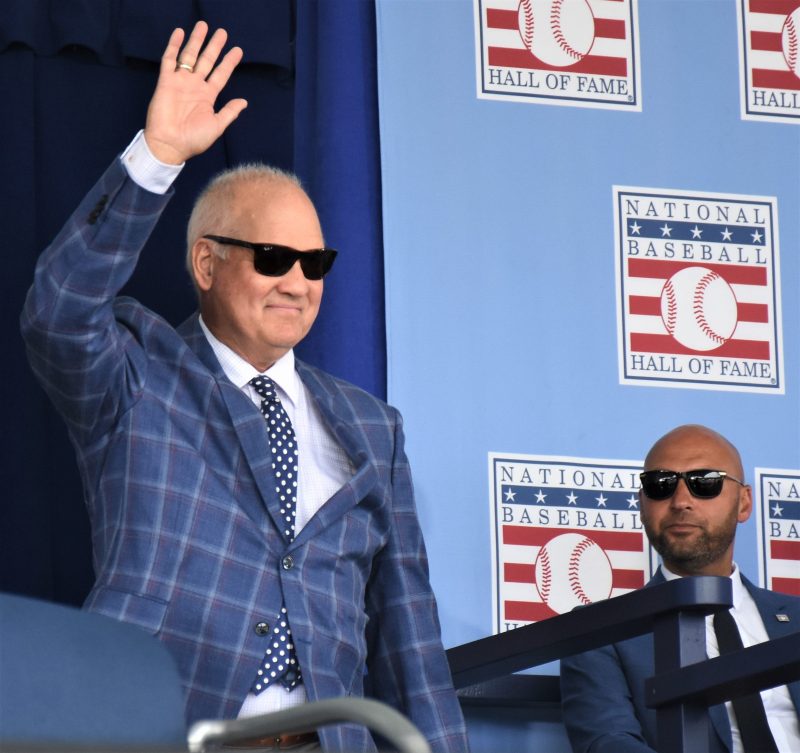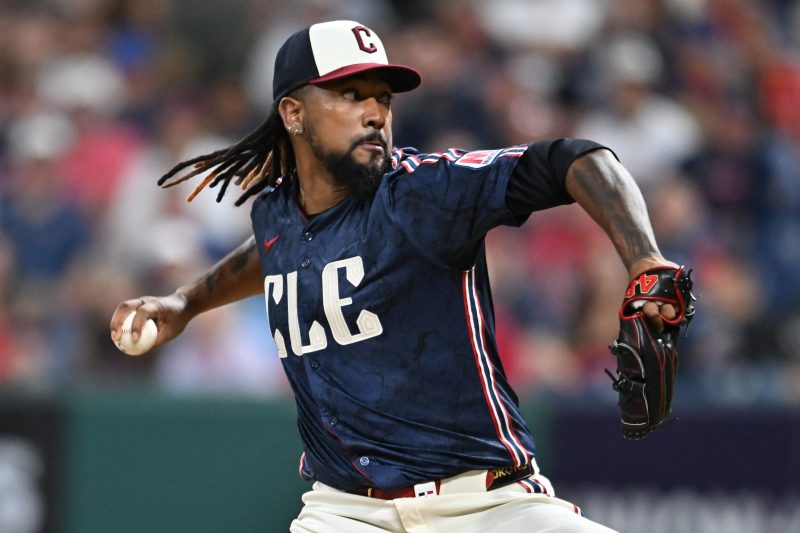Why haven’t these 4 talented NBA players been signed?

NBA free agency is, for the most part, complete.
Players have signed, the dust has settled and teams are headed toward a few quiet weeks of summer vacation. Yet, there are four very solid players — forward Jonathan Kuminga (Warriors) and guards Josh Giddey (Bulls), Cam Thomas (Nets) and Quentin Grimes (76ers) — who are each still without contracts.
Kuminga, Giddey, Thomas and Grimes were ranked seventh, ninth, 11th and 15th, respectively, in USA TODAY Sports’ original ranking of Top 25 players available this cycle.
So, why are they still available?
Well, for one, each is a restricted free agent, meaning that their most recent team can match any offer sheet the player would sign with any other franchise. But there are several other market factors impacting their status.
Here’s an explainer on why these talented restricted free agents remain unsigned:
What’s the difficulty with restricted free agency?
Restricted free agency is a lever that limits a player’s self-determination in free agency. In an ideal scenario on the player side, the player can seek his so-called market value in negotiations with other teams — often using potential suitors as leverage plays to get the most recent team to pay up. If a team declines to match the offer sheet, then the player will join the other franchise courting him.
But this was always going to be a tough offseason for players looking to get paid.
In simplest terms, there was not a lot of available cap space, as teams increasingly look to avoid luxury taxes and dipping into the punitive apron triggers. And because teams who were active in the opening days of free agency seemingly wanted to avoid the uncertainty of extending an offer sheet to a player who might not ultimately be available, the market shifted toward unrestricted free agents.
The issue of available salary cap space is magnified even further, now that teams mostly have their rosters set, leaving very little budget for these talented players. That depressed market, therefore, gives the most recent teams a massive advantage in negotiations.
In essence, the teams with the rights to these restricted free agents are negotiating only against themselves, meaning they have increased leverage, and no real urgency to offer massive contracts — at least in the short term.
The player, however, also has the option to accept his team’s qualifying offer, thus playing out the final season of his rookie contract. Then, at the conclusion of the 2025-26 season, the player would become an unrestricted free agent. This would give the player the option to take a short-term loss — playing under a contract that is well below market value — to later enter the market unencumbered, just one year later.
Jonathan Kuminga
Still only 22 years old, Kuminga has had an uneven career with the Warriors, since the team selected him seventh overall in the 2021 NBA Draft. Kuminga flashed potential in the 2023-24 season as a versatile wing scorer who could slash and get to the rim, but he ultimately lost his spot in the rotation last season, particularly when Golden State traded for Jimmy Butler. Kuminga averaged 15.3 points per game last season — which was down from 16.1 the year previous — but the decline in his efficiency and shooting percentage (45.4%, down from his career-high 52.9% in 2023-24) is most concerning.
The case for Golden State to re-sign Kuminga: He’s an athletic player with tons of potential, and the Warriors will need his youth to maximize what the team has left with Stephen Curry, Jimmy Butler and Draymond Green each in their mid-30s.
The case against: Although their working relationship appears to be on solid footing, Steve Kerr has, at times, seemingly lacked trust in Kuminga, particularly to close out games. Although Kuminga has flashed potential, he remains somewhat unproven, so justifying a lucrative deal may be challenging.
Josh Giddey
Giddey is approaching triple-double territory for a season. In 2024-25 — his fourth season in the NBA and first with the Bulls — the 6-8 guard averaged 14.6 points, 8.1 rebounds, 7.2 assists and shot 46.5% from the field and 37.8% on 3-pointers. In the final 15 games of the season, Giddey averaged 20.3 points, 10.4 rebounds and 9.7 assists.
The case for Chicago to re-sign Giddey: It’s difficult to find that kind of production, and that’s why Giddey is seeking a lucrative long-term contract. He’s just 22 years old and is the kind of player who can help win games with his scoring, passing and rebounding. The Bulls also gave up Alex Caruso to acquire Giddey.
The case against: Patrick Williams’ five-year, $90 million deal stings, and Chicago’s hesitancy to give Giddey a big contract stems from the front office’s decision on Williams’ deal. There are optics involved, and the Bulls’ front office needs the appearance of “winning” a negotiation — or at least not looking like they screwed up.
Cam Thomas
Thomas can score. He averaged 24 points on 43.8% shooting from the field and 34.9% on 3s in 2024-25 — though he played in just 25 games due to a hamstring injury. The season before, he played in 66 games and averaged 22.5 points with similar shooting percentages (44.2%, 36.4%).
The case for Brooklyn to re-sign Thomas: On a rebuilding and mostly young team with a payroll that is manageable, Thomas is a proven scorer, and he could be valuable as a player in a trade at a later date.
The case against: NBA analyst Zach Lowe on his podcast said the consensus on Thomas was that he is an “empty calories ball hog.” Thomas objected, saying “This is most likely the same consensus (from) teams who can’t guard me and send double teams from jump ball.” Is Thomas a starter who can do more than get buckets on a quality team or a scoring spark off the bench? The answer isn’t clear.
Quentin Grimes
Grimes just turned 25 and proved he can be a reliable scorer in the 28 games he played with Philadelphia, after the Sixers acquired him ahead of the February trading deadline. Grimes scored 21.9 points per game with Philly, adding 5.2 rebounds and 4.5 assists. Granted, the 76ers were plagued with injuries and Grimes had an elevated role, but Grimes more than answered the call and is looking to cash in on that performance.
The case for Philadelphia to re-sign Grimes: The 76ers battled injury issues last season, and there’s no guarantee that this roster, with Paul George and Joel Embiid potentially still facing lingering issues, won’t face similar issues in 2025-26.
The case against: The Sixers have two of the worst contracts in the NBA in Paul George and Joel Embiid, so paying Grimes presents its own challenges. Plus, with Tyrese Maxey, second-year Jared McCain and rookie No. 3 overall selection VJ Edgecombe, the 76ers are already loaded at guard.




